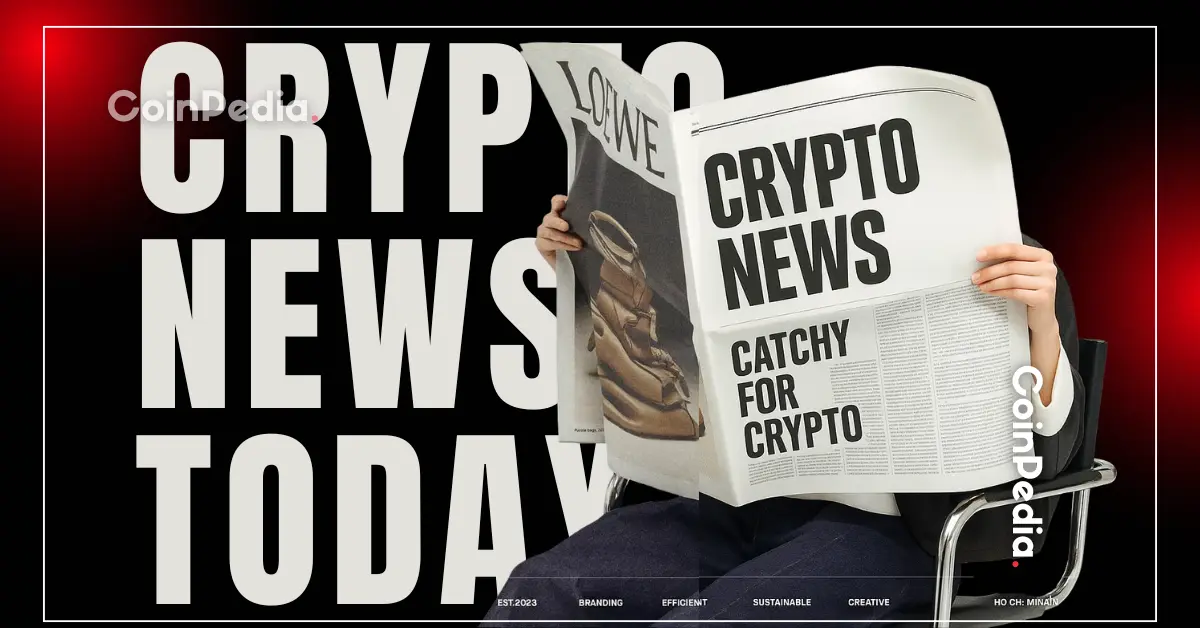
The European Commission (EC) has taken a bold step by launching a comprehensive antitrust investigation into two of the world’s largest exchanges, Deutsche Boerse AG and Nasdaq Inc. This move underscores Europe’s growing regulatory scrutiny over potential anti-competitive practices in the financial sector, particularly in derivatives trading markets.
Details of the EU Investigation
The investigation centers around allegations that Deutsche Boerse and Nasdaq may have engaged in collusion to manipulate derivatives trading. The EC suspects that the exchanges coordinated pricing, divided market demand, or exchanged sensitive commercial data — actions that could breach EU competition laws. Specifically, the probe delves into a 1999 cooperation agreement between Eurex (Deutsche Boerse’s derivatives division) and HEX (a Finnish derivatives exchange later acquired by Nasdaq).
Nasdaq has firmly denied any wrongdoing, stating, “Nasdaq believes that the cooperation was lawful.” The firm emphasized that the agreement had been discussed with the EC prior to its implementation, adding that no objections were raised at the time.
Similarly, Deutsche Boerse has responded by calling the collaboration “pro-competitive,” claiming it was designed to enhance liquidity and efficiency across the Nordic derivatives market. Both exchanges have pledged full cooperation with the regulatory bodies during the investigation.
Impact on Markets
The news of the investigation sent ripples through financial markets. Deutsche Boerse shares dropped over 7%, marking their steepest decline in two years, while Nasdaq’s share price slipped 1.7% in U.S. pre-market trading. Investors are closely watching the potential fallout, as regulatory fines could reach up to 10% of global annual revenue for confirmed violations.
Regulatory Backdrop
European regulators have been ramping up efforts to prevent market collusion and foster fair competition. The current probe follows a series of raids in September 2024 at the European offices of both exchanges. These operations came merely months after Deutsche Boerse’s European Energy Exchange (EEX) scrapped its planned acquisition of Nasdaq’s Nordic power trading unit due to antitrust concerns.
Interestingly, Deutsche Boerse continues to push forward with its market expansion plans despite the ongoing probe. On the same day the investigation was announced, the company revealed that the European Central Bank (ECB) is set to join Eurex’s centrally cleared repo market by Q1 2026. This move highlights the firm’s ambitions to solidify its presence in global financial markets.
What Does This Mean for the Financial Sector?
Europe’s crackdown on potential market collusion signals an increasing intolerance for anti-competitive behavior. While the opening of the investigation does not imply guilt, it reinforces the message that regulatory authorities are closely monitoring financial markets to maintain transparency and fairness.
Stay Informed
To keep up with the latest in financial markets, blockchain technology, and cryptocurrency, consider subscribing to updates from Coinpedia, a trusted source delivering accurate and timely news since 2017.
Related Product Recommendation
If you’re interested in staying ahead of market trends and improving your trading strategy, consider exploring the “Trading Psychology 2.0” book by Brett N. Steenbarger. This book offers invaluable insights into behavioral finance and the mental strategies every trader needs to succeed in volatile markets.





